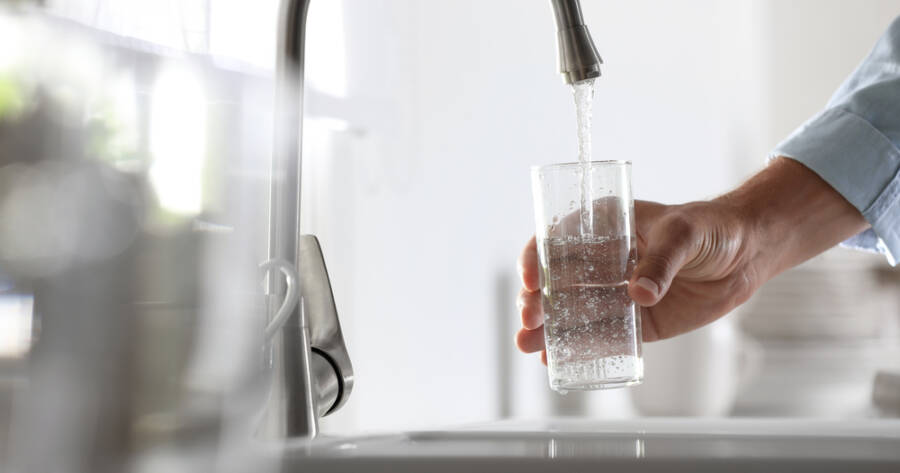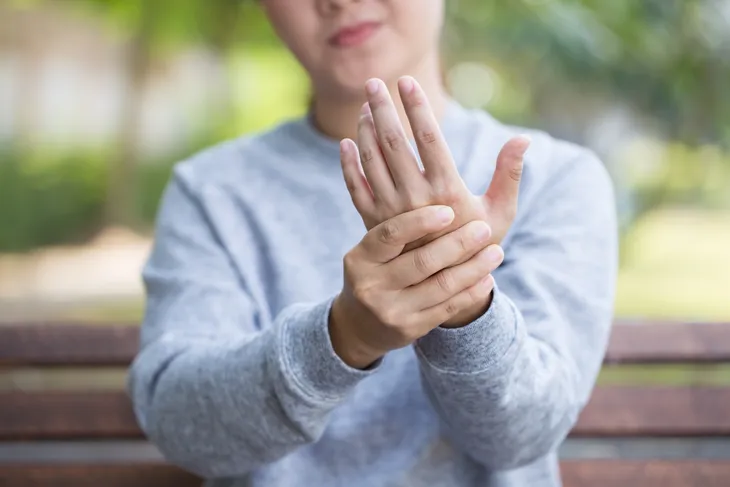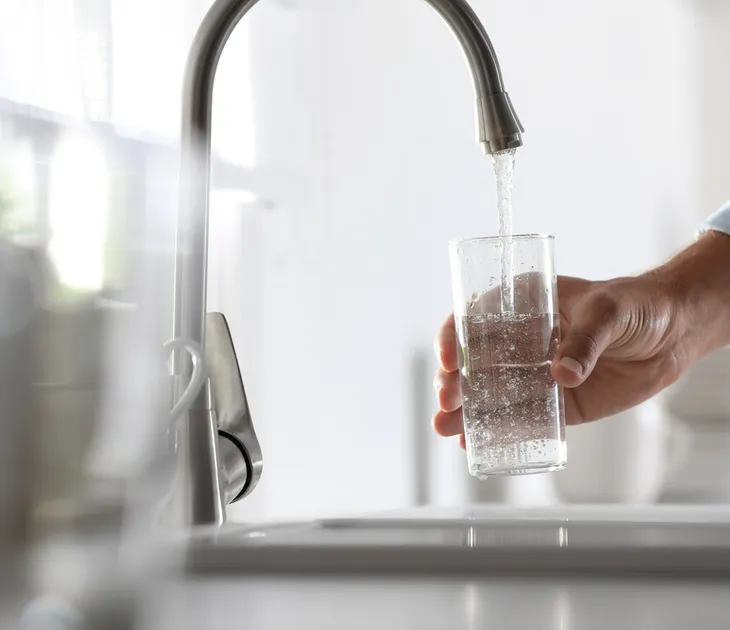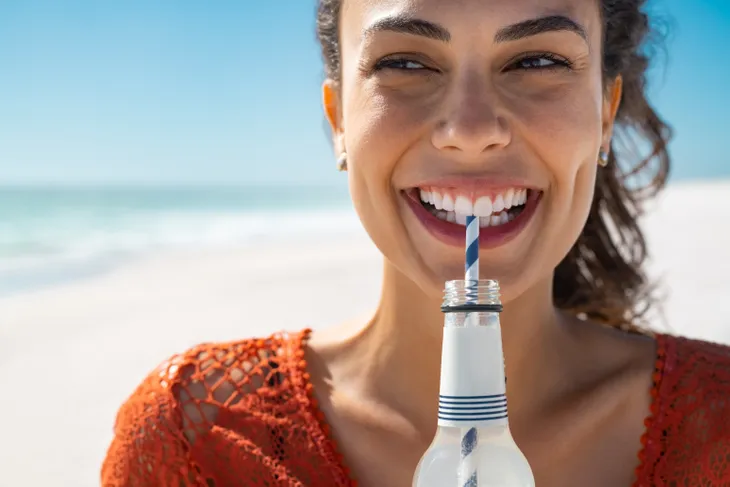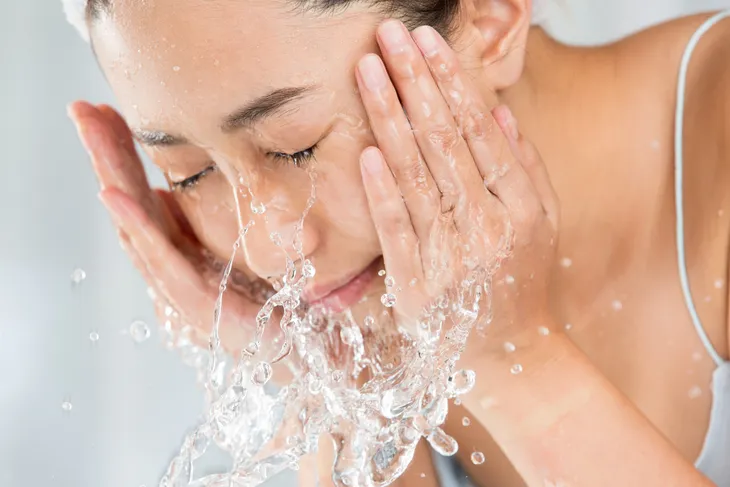Water makes up about 60-percent of your body, so why is it when we need to fix an ailment we automatically reach for an artificial cream or some other commercial remedy?
Water is essential to life, as it is to maintain life and help us repair ourselves. It doesn’t have to be consumed to reap the benefits, either. Here are six ways water can encourage natural healing…
Soothing Pain from Arthritis
If you have a backyard pool or are close to a recreational facility that allows public swimming, then you have a great tool in warding off pain from arthritis and even soreness from exercising.
The Arthritis Foundation notes that gentle movement in water is easy on the joints, even though it provides 12-times the resistance of air. For the latter reason, you can still build muscle in the process. Heated pools (82-Fahrenheit to 88-Fahrenheit) can take healing to the next level, helping to soothe pain, adds the source.
Faster Wound Healing
AdvancedTissue.com says staying properly hydrated can step up the pace of the wound healing stages. It adds that a lack of moisture reaching the surface of the wound “will halt cellular migration, decrease oxygenation of the blood and vastly delay the wound treatment process.”
Because of the high content of water in your body, maintaining a “positive level of hydration” that can add in repairing wounds requires 64-ounces or more of water per day (around 8-glasses). Drinking more than this can further help cells to travel to the wound site to supply more oxygen and nutrients, adds the source.
Promoting Mental Health
While we often only think of the physical benefits of drinking water, Healthy Holistic Living says on its website that water is important in improving mental health. “Water also works to improve your mental health, making it easier to keep you going throughout the day,” notes the source.
It explains that water has an “interesting effect” on mood levels, and claims you can actually get “high” just by consuming water (not recommended to try, says the site). However, water helps keep you energized, which helps you generate more “feel good” hormones that impact mood, it adds.
Healing Debilitating Conditions?
Perhaps take this one with a grain of salt; but a website called Watercure.com explains how a man that had crippling spinal arthritis (ankylosing spondylitis) was reportedly cured with a water/salt treatment, after other treatments failed for three decades.
However, the site explains its about “more to it than simply drinking water.” Rehydration must be done gradually when it’s severe, it adds. “You must learn what can happen to your own body when it becomes dehydrated. Not everybody registers drought in the same way,” explains the source.
Enhancing Weakening Eyesight
At some point, everyone will experience some loss of their young hawk-eye vision—whether it’s due to near-sightedness or far-sightedness or both—but there are natural ways to help reverse this process, according to NaturalSociety.com.
“Pure water” is one of 4-steps to sharper sight, explains the source. “Drinking an adequate amount of pure filtered water will prevent total-body dehydration, and subsequently dry eyes,” it offers. Water intake should be complemented with antioxidants (beta-carotene), as well as fatty acids like fish oil.
Reducing Skin Blemishes
The jury is still out on whether drinking more water can make your skin look more youthful, as your body only uses so much of it before eliminating the excess (use a good moisturizer if you want anti-aging properties, suggest experts).
However, Greatist.com notes that inflammation in the skin that causes acne can be treated to some degree with some quality H2O. Water can help flush out the toxins that lead to the inflammation to begin with, adds the source. If water doesn’t work, see your doctor for any possible allergies causing skin blemishes.
